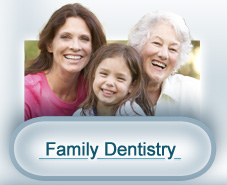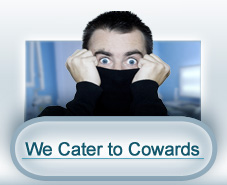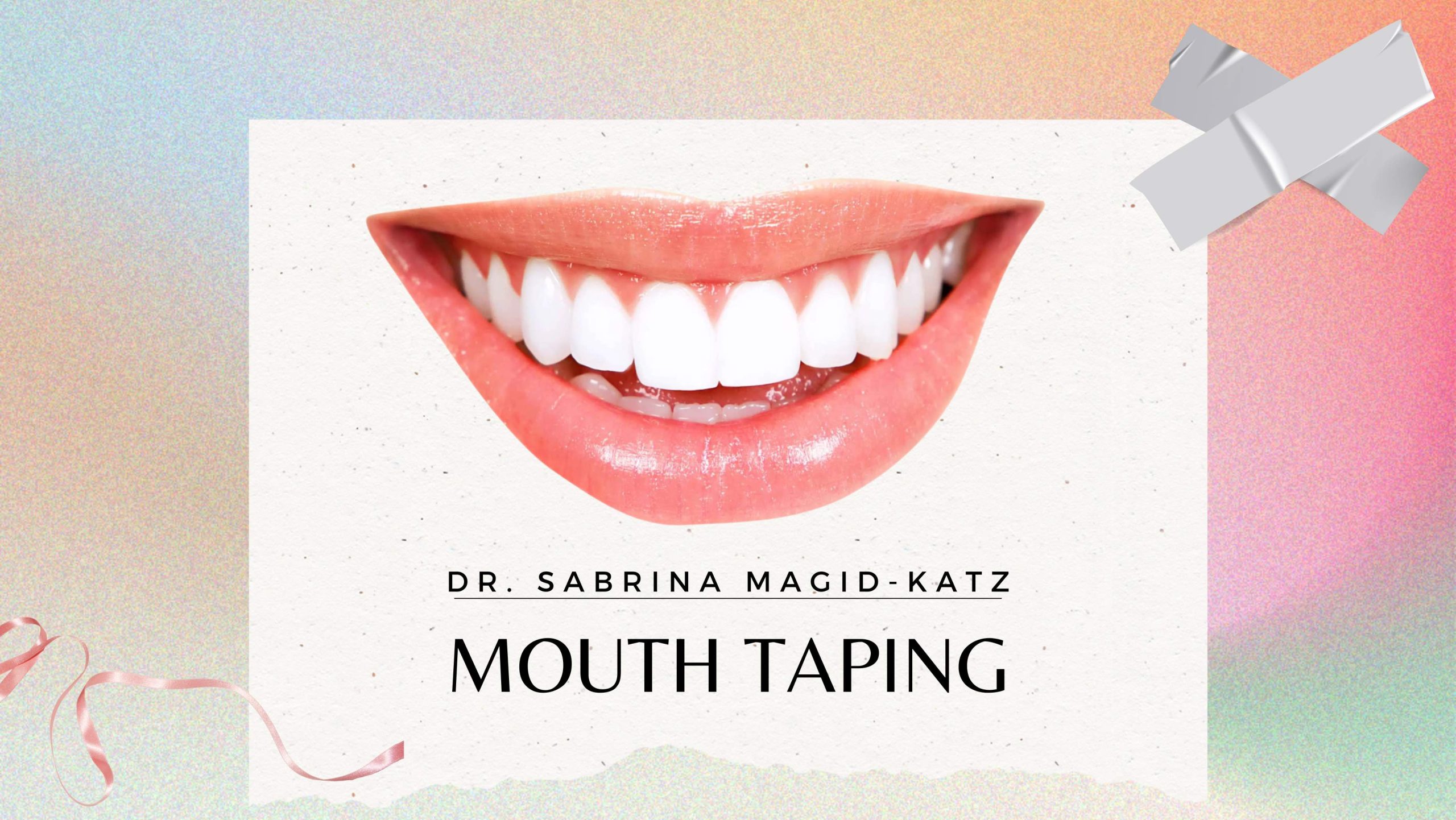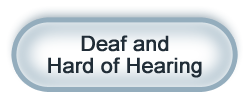Mouth Taping for Sleep?
Mouth taping for sleep disorders?
In this article, you will learn:
- What is mouth taping?
- Can mouth taping help to stop teeth grinding?
- Does taping your lips closed help you sleep better?
Sleep Apnea Expert Dr. Magid-Katz: Does mouth taping help snoring?
Who wouldn’t want less stress and inflammation, and more stamina, energy, and mental function?
TikTok’s new sleep hack includes taping your lips when you sleep at night.
Here’s what you need to know:
Do dentists recommend mouth taping?
Meet the expert:
Dr. Sabrina Magid-Katz, a New-York based dentist and sleep expert based in Westchester County. Dr. Magid-Katz helps patients with sleep dentistry and related sleep disorders.
Why is mouth taping currently trending?
As with most trends, celebrities and social media have made a big impact by increasing awareness of nasal breathing. A quick fix is alluring.
People are finally starting to think about what some ancient cultures have always known… that breathing in and out through the nose is healthier. Pro athletes use such breathing techniques as do Tai Chi practitioners. More studies are being published demonstrating the importance of a good airway and nasal breathing.
More doctors are being trained to recognize and treat mouth breathing and other airway deficiencies. Mouth breathing has become even more evident during COVID, as many people found themselves breathing more through their mouth while wearing a mask.
Why should you breathe out of your nose?
Nasal breathing is important for many reasons, as it allows you to breathe more slowly and effectively. The nose is designed to filter viruses, bacteria, debris, and allergens, as well as humidify the air we breathe. Nasal breathing can increase the oxygen to the bloodstream, improve lung function, and decrease stress on the body. The body’s cells are able to get the oxygen they need more efficiently from the bloodstream so that the body functions optimally, muscles are able to recover faster, and the heart doesn’t have to work as hard.
Why do some people breathe out of their mouths?
Some people breathe through their mouth because their nasal passage is blocked due to allergies or a structural problem. This problem often starts when they are young and their muscular habits and dental arches do not grow to support the nasal passage properly. Enlarged tonsils and adenoids, as well as the soft tissue trauma from snoring can block the airway (which in turn creates a vicious cycle of more trauma and enlargement). Other people breathe through their mouths out of habit. Interestingly, the less they breathe through their nose, the harder it may become.
What are the problems associated with breathing out of your mouth?
While more air passes with mouth breathing, the body does not get the oxygen it needs as efficiently as it does with breathing through the nose. This causes the body to be more stressed and breathe more rapidly. Mouth breathing dries out the mouth and changes the pH (acidity level) and bacterial makeup in the mouth.
This can lead to dental problems such as tooth wear, cavities, gum disease, and bad breath. Inflammation from breathing dry air through the mouth and disuse of the nose further blocks the airway. This also creates an airway that is more collapsible, which at night can lead to Obstructive Sleep Apnea (OSA).
Obstructive Sleep Apnea is a serious medical condition in which someone stops breathing while they’re sleeping, interrupting their sleep cycle and often decreasing the oxygen in their blood. This condition can be related to other medical conditions such as high blood pressure, stroke, and diabetes. Not to mention the relationship problems that come with snoring, a common symptom of OSA.
Kids who are constantly breathing through their mouth tend to grow around that open mouth posture. In other words, their skull and face develop differently. This leads them to breathe even more poorly and makes them more susceptible to behavioral and concentration issues as well as the medical conditions related to OSA.
READ: Why we clench our teeth when we sleep.
How can people know if they are a mouth breather?
To know if you’re a mouth breather, take a look in the mirror or look at pictures of yourself. If your lips are parted or mouth is hanging open, chances are you’re breathing through it. Also, think about if your lips tend to be dry, especially when you wake up in the morning. If so, it is likely that air is constantly passing your lips rather than being humidified by your nose.
Smile big. If you have a gummy smile, you may have breathed through your mouth a lot as a child (and likely continue to do so). Next, take a look at your posture from the side. Or better yet, have someone take a picture for you. Those with blocked airways, including mouth breathers, tend to have a forward head posture because they’re trying to get more air.
What can you do about it?
Nasal breathing is clearly important for your overall health. The question then becomes, how does a mouth breather become a nasal breather? Speak to a physician or dentist who is knowledgeable when it comes to the airway.
Make sure the nasal passage is clear and the dental arches allow for proper nasal breathing. Talk to a myofunctional therapist who can help strengthen and retrain the muscles. Some dental appliances are designed to help children and adults correct the habit as well.
For some people, the more they breathe through their nose, the clearer and easier it gets, so the first thing to do is become more conscious of it.
Try setting your phone alarm periodically throughout the day as a reminder to think about whether your mouth is open and how you’re breathing (or have a friend or loved one look at you periodically and note if your mouth is open). Set aside time in the morning and night to practice proper breathing techniques.
Is mouth taping a good solution worth trying for sleep issues?
People always want something that they can try right away at home. Some people do find that proper mouth taping combined with over-the-counter nose strips (worn outside the nose) or nasal dilators (that go in the nostrils) to be effective. If you are going to try tape, use one that is porous and is not too adhesive (so that you can still open your mouth if need be). Put a small piece vertically so that you can breathe through the sides of your mouth. This way, the tape is more of a reminder and less restrictive.
Try it first for a short period of time when you are awake and calm. Put your tongue to the roof of your mouth and breathe through your nose slowly. You can try this with a meditative breathing app. There are even some health professionals who teach the Buteyko breathing method, which includes mouth taping. That said, if it does not feel right for you, don’t do it. If you don’t feel any better in two weeks, stop doing it.
Most importantly, always make sure you are able to breathe through your nose safely. If there is any doubt, have your airway evaluated first and ask your doctor if this would be safe for you to try. And never use it if you feel ill or you might vomit.
Did you enjoy this article?
Read our next article: Top 7 Signs Your Child May be Suffering from Sleep Disordered Breathing
Sleep Dentistry in Westchester County, NY |Treatment of Snoring and Sleep Apnea
Are you falling asleep during the day even though you thought you got a full night’s sleep? You may have a common disorder known as sleep apnea. We can treat sleep apnea with the SomnoMed Oral Appliance. Book an appointment with us and we’ll help to make sure you get a full night of sleep every night.
Sleep Apnea Treatment | Dental Services
Get your loved one screened for obstructive sleep apnea so that you can not only sleep in quiet, but rest at ease. Individuals who often have the hardest time getting a good night’s sleep are the spouses or partners of a snorer.
ABOUT DR. SABRINA MAGID-KATZ
Sleep Apnea Treatment | Dentist in Westchester County
Dr. Sabrina Magid-Katz, D.M.D., lectures to dental societies about screening for Sleep Apnea and is a member of the American Academy of Dental Sleep Medicine. She practices general dentistry at Advanced Dentistry of Westchester in Harrison, NY where she also screens for and treats Obstructive Sleep Apnea. Dr. Magid-Katz DMD holds a Bachelor of Science degree in Biological Bases of Behavior from Duke University and completed her Doctorate of Dental Medicine at the University of Pennsylvania. She is the recipient of the prestigious “Robert Seminara Resident of the Year” award for “excellence in General Dentistry and outstanding service as a PGY1 Dental Resident” from NY Presbyterian-Methodist Hospital. Named in Westchester Magazine as one of the 22 people that everyone in the County will be talking about, Dr. Sabrina Magid-Katz DMD takes great pride in the cutting-edge dental care she offers patients, as well as in her expertise in screening for oral cancer and obstructive sleep apnea. Throughout her schooling and dental career, she has also been committed to addressing the needs of deaf and hard-of-hearing patients. Dr. Magid-Katz has been featured in Teen Vogue, Vice, Dentistry Today, Social Life Magazine, WAG Magazine, Fox 5 and numerous media outlets.
READ: Best Health Magazine: Mouth Taping: What Is It, and Is It Actually Worth It?
More Info
Contact Us
- Advanced Dentistry of Westchester
- Kenneth S. Magid, DDS, FICD
- Sabrina Magid-Katz, DMD
- 163 Halstead Ave. • Harrison, NY 10528
- (914) 835-0542













